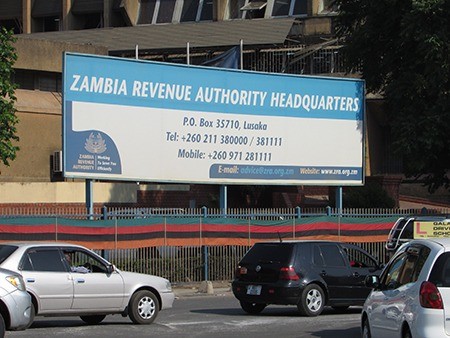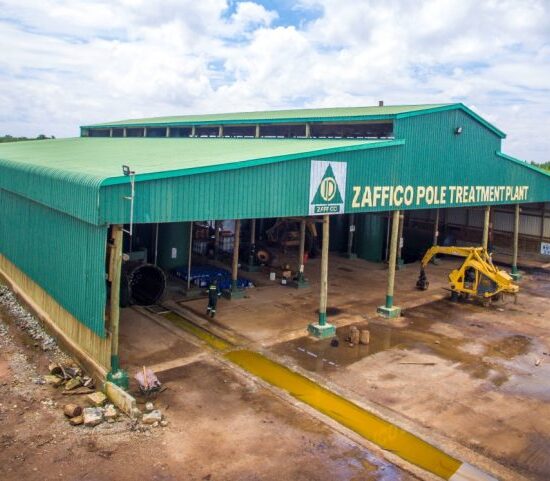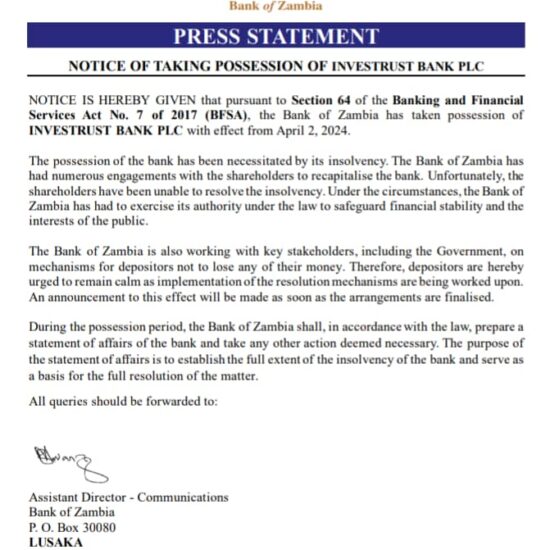
Some clearing agents have explained that the move by the Zambia Revenue Authority – ZRA to introduce a module on the ASYCUDA world system, that gives rights to importers and exporters to lock appointed clearing agents against their tax registration numbers has two sides.
The agents say that ZRA and all key stakeholders need to be give due consideration to both sides of the debate to arrive at an optimal decision that would help local companies to defend their currently low market share and have a base to grow from.
The Zambian Business Times – ZBT took time to speak to all the four registered associations for clearing agents and can reveal that the introduction of the new module in itself is not an issue, but that there are deeper concerns that this may lead to further shrinking of local clearing agents businesses who only have 5% share when compared to multinational clearing agents which enjoy 95% market share.
Southern Freight Forwarders Association – SFFA Secretary General Dennis Shaluchiso said the association supports ZRA’s decision, as this is an existing law, which the authority is simply implementing but further stated that there are two sides to this issue.
Shaluchiso told ZBT that every clearing agent is aware of what ZRA’s rule is when applying for a import license as it states clearly that when applying, the importer needs to appoint an agent in order for that agent to carry out those duties.
He however noted that every coin has two sides and this debate on this new module implementation also has two sides. Under this module, an importer is only allowed to appoint five agents and most importers get their clients directly from exporters, adding that an agent may clear one this week, next week the person is cleared by someone else, which is where the challenge is. This opportunity will he lost once this module comes into place.
Shaluchiso told ZBT that some agents are skeptical about this move because they are subsisting on less than 5% of the volume and most of these businesses are interchangeable. Some agents are concerned that this module will take away this interchangeable revenue, further cutting down the 5% share.
Some members of the public have accused ZRA of not doing enough to influence strategic policy formulation by the Ministry of Finance that would result in the growth of local clearing agents. The revelation that local clearing agents only control 5%, with the remaining 95% being controlled by multinational has been described as a strategic risk that should have been dealt with by now.
You can’t have a situation where local clearing companies only have 5% share when this is local business in Zambia. ZRA though mandated to collect government revenue can not just sit and wait for policy from ministry of finance to change this, they are in the best position to advise and push for the right policies to be formulated. They have Zambia’s top experts in their staff compliment.
ZRA should be strategic enough not to entrust 95% of this business to non-local or non Zambian companies. We are in the Information age, and the 95% information which the multinationals gather on Zambia’s imports and exports is of strategic importance.
This information should not be entrusted to a few non-Zambian entities, only ZRA which is a public institution should have 100% of this very strategic information. If Zambia intends to have a resilient economy, this situation should be treated as a serious breach of national and economic security.
Customs Clearing Agent’s Association of Zambia President Bruce Kaembe raised alarm bells against the move by ZRA to introduce a module on the ASYCUDA world system, that gives rights to importers and exporters to lock appointed clearing agents against their tax registration numbers.
However, ZRA Commissioner General Kingsley Chanda later explained that the ZRA modernization agenda which started in 2016 is about digitalization and automation of all its manual processes in order to enhance revenue and minimize leakages and vowed that the authority will not legitimize smuggling.
Stakeholders have however cautioned the ZRA Chief to deal with the issue of market share of local clearing agencies with the same zeal. Kaemba raised the matter of a shrinking share of local clearing agencies which he estimated to now be at 5%. The last official statistics from ZRA in 2019 showed that local clearing agents had about 20% market share.








